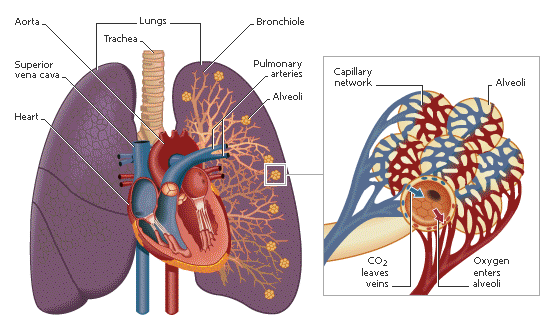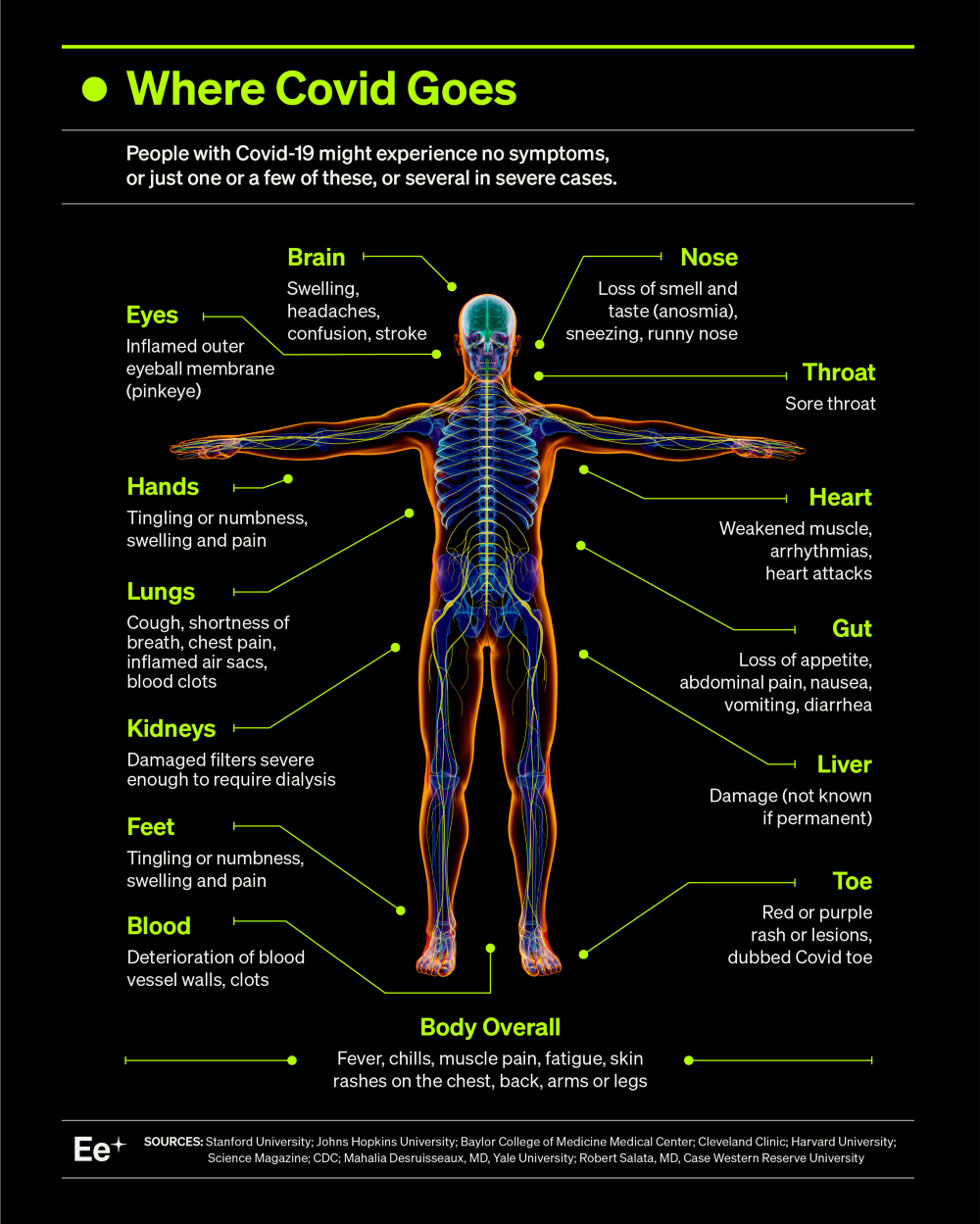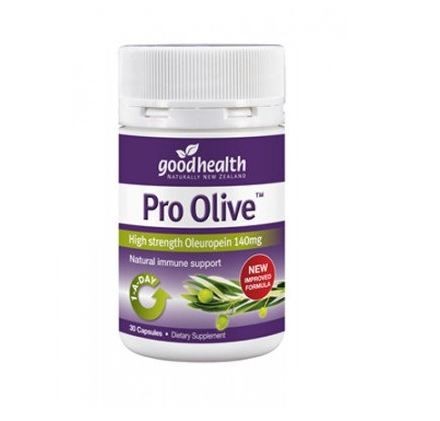
The Coronavirus pandemic has affected every continent and taken the lives of over half a million people worldwide. Currently, there is no cure. The care that Covid-19 patients receive is based on treating the symptoms of influenza and respiratory diseases. A Stellenbosch-based physician’s research may explain why these treatments haven’t been effective.
Dr Jaco Laubscher believes that Covid-19 is a vascular and not a respiratory disease. This means that it primarily affects the blood vessels. Many Covid-19 patients experience shortness of breath, yet appear to have normal lung function.

Air sacs (alveoli) in the lungs are surrounded by blood vessels called capillaries. When air enters the alveoli, the capillary network transports oxygen to the heart. If the lung function is normal and oxygen levels are low, this could mean that there is a problem with the blood vessels.
Patients have reported more symptoms of Covid-19 than of most respiratory diseases, leading other medical experts from around the world to wonder if Covid-19 could be a vascular disease.

Infographic by Elemental; Image source: LEONELLO CALVETTI/SCIENCE PHOTO LIBRARY/Getty Images
Most of these symptoms are caused by the same condition: poor blood circulation. 40% of Covid-19 deaths are related to complications with the heart and blood vessels. Autopsies show blood clots (hypercoagulation) in the lungs. 31% of patients in intensive care had blood clots. The presence of blood clots can be indicated by levels of protein fragments from the clot, called D-dimer. Doctors are seeing unusually high D-dimer levels in many Covid-19 patients.
Professor Robert Salata, MD, from Case Western Reserve University in the United States, sees Covid-19 patients on a daily basis. “We’ve never seen such high levels [of D-dimer] before,” says Salata. One woman recently had levels that were “just not heard of before,” he said. He and his colleagues are finding unusual numbers of clots that can damage the heart, lungs, kidneys, and other organs.
For a detailed explanation of how Covid-19 causes excessive blood clotting (hypercoagulation) watch Dr Jaco Laubscher’s YouTube video.
Mandeep Mehra, MD, medical director of the Brigham and Women’s Hospital Heart and Vascular Center says, “If you start to put all of the data together that’s emerging, it turns out that this virus is probably a vasculotropic virus, meaning that it affects the blood vessels.”
Olive Leaf Extract (OLE) is an effective natural remedy for improving blood circulation and reducing damage from hypercoagulation. The main active ingredient in OLE is Oleuropein. Studies show that Oleuropin suppresses inflammation, reduces blood cholesterol levels and lowers elevated blood pressure.

Good Health’s Pro Olive combines herbal extracts of Olive Leaf and Echinacea, to support the immune system and prevent colds and flu. It has a range of well-documented additional health benefits, including maintaining a healthy cardiovascular (heart and blood vessels) system. You can read more about this natural remedy or purchase it here.
Other natural remedies that improve blood circulation and prevent clotting (anti-coagulants) include garlic, ginger, vitamin E, turmeric, chamomile tea, fish/krill oil, grapefruit and asprin. Dr Jaco Laubscher has also been on the air, and agreed that taking asprin makes sense. You can listen to his radio interview here.
Herbal supplements, vitamins and foods may interact with medication and may also affect any health conditions you may have. They are not without risks. Please consult your doctor before taking any supplements or changing your diet.

There are no comments for this article